The Tea Market Experience – April 2019
The Tea Market Experience is a non-subscription tea club that offers unique, interesting and possibly dubiously labelled teas, bringing you as close as possible to the tea markets of Yunnan without having to hop on a plane.
This month’s tea is half of a 400g cake of (supposed) 2008 Mahei raw puer. Keeping in mind the price of fresh leaves from Mahei today (expensive) compared to the price of this tea (not very expensive), you can see why we say supposed. Nevermind the fact that the wrapper says “gushu”…
While most of the tea we’ve tried this month consists of ulta-fresh maocha, we took the opportunity while outside of our home base of Kunming to see what Menghai has to offer. This is actually a pretty overwhelming task. The tea markets of Kunming are fairly big, sure, but Menghai is essentially a city-sized tea market. It’s difficult to know where to start, which is why we took a 9pm stroll after a dinner of fine barbeque to seek out an interesting shop.
Although a few shops shuttered their doors by this hour, most were still open, especially during the height of spring tea. Some were available for walk-ins, while others appeared to be a gathering of friends drinking and boasting about the fresh tea they just picked up from somewhere expensive. We settled on a small shop run by a Dai family. We set a goal of seeking out some aged tea, although we had no luck finding anything more than 10-12 years old. It was explained that most teas older than this have ended up in Guangdong/Hong Kong, which has been largely our experience in Kunming as well.
We asked the two sisters working there a few standard questions, to which we received pretty standard responses:
How long have you been doing tea?
About 5 years.
Where does your tea come from
We go to the tea mountains and villages to buy fresh maocha and buy some older cakes from friends and acquaintances.
Who do you mainly sell to?
Most customers are customers who walk by. Our location is close to a lot of hotels, which is good.
What makes a good tea?
It needs to be smooth, fragrant and have sweetness. These are the good qualities. It can be rough too, but not too rough or unpleasant.
What kind of tea do you think fits foreign drinkers’ tastes?
We haven’t had any foreigners come in here, but there are more in Jinghong – I think they usually like black tea.
What advice would you give a western tea drinker?
I don’t know. Maybe to drink the tea you like and have an open mind. And try more puer.
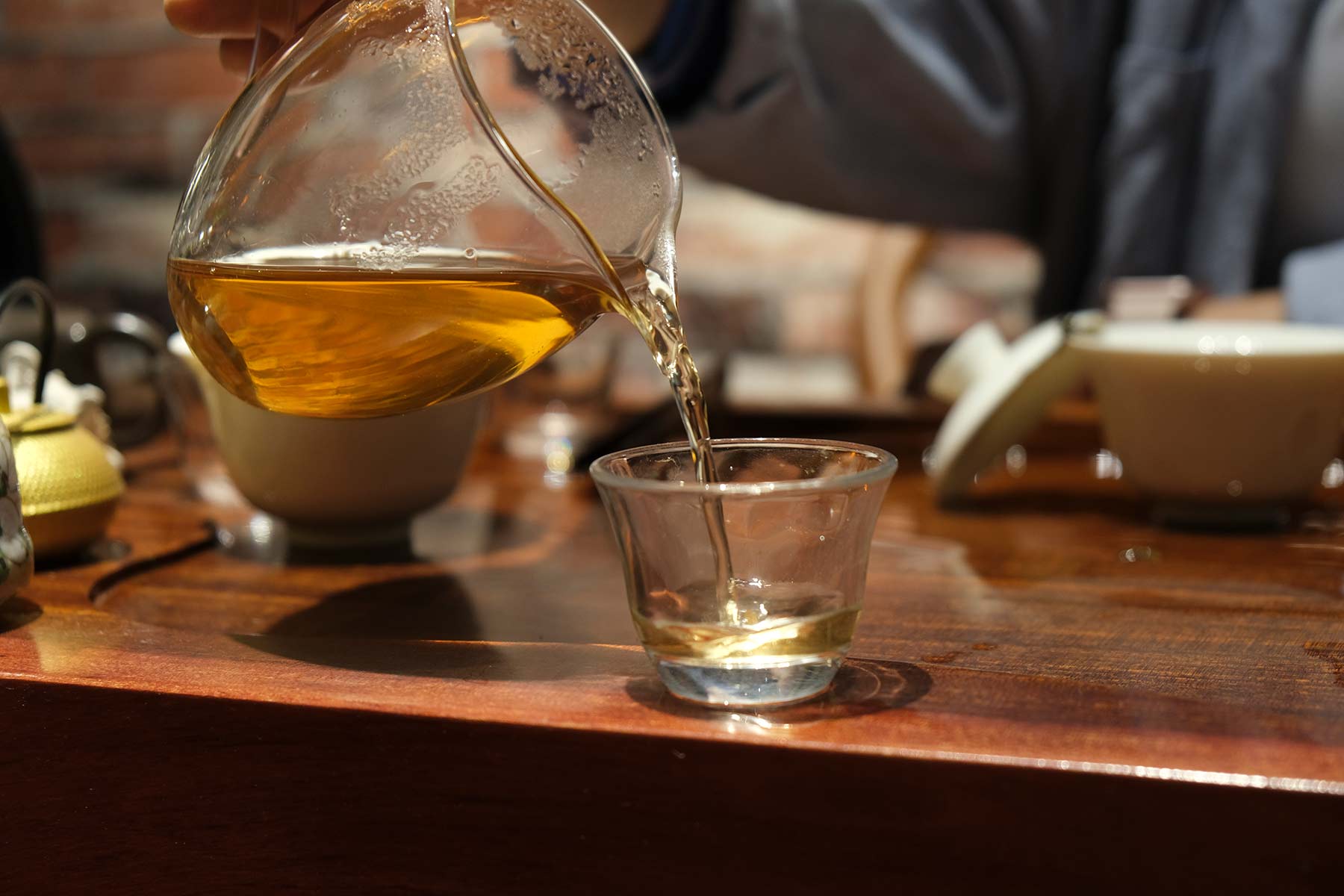
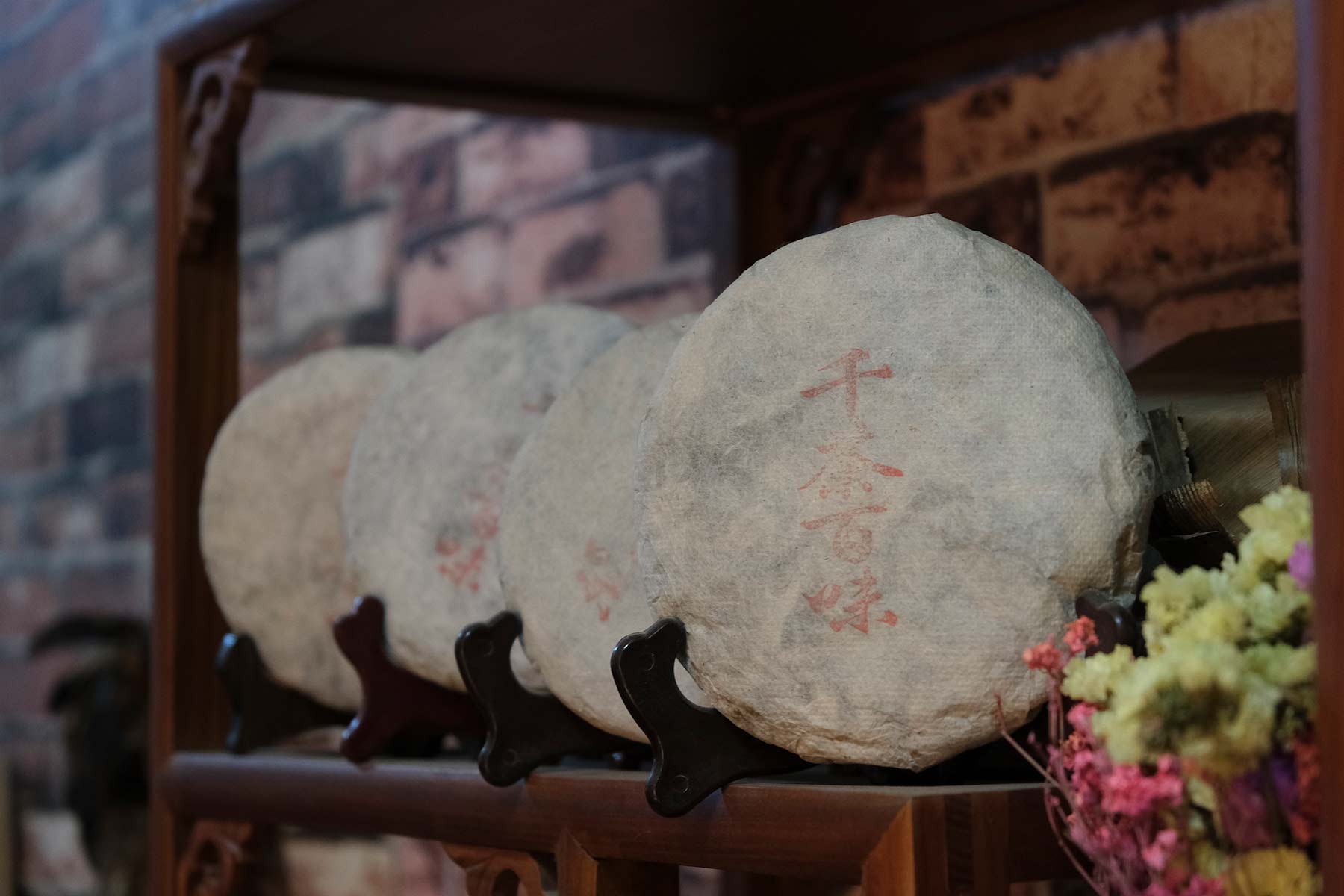
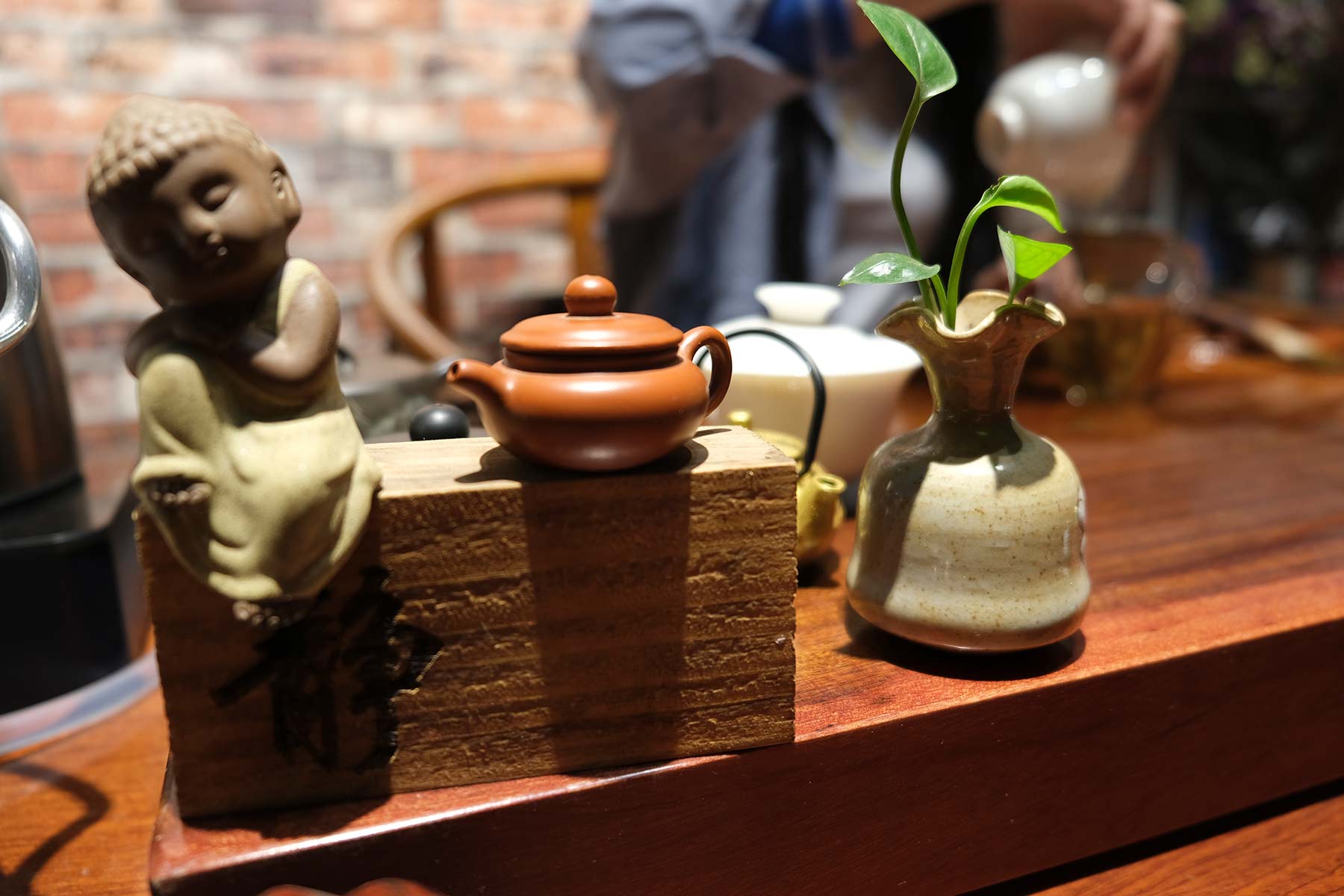
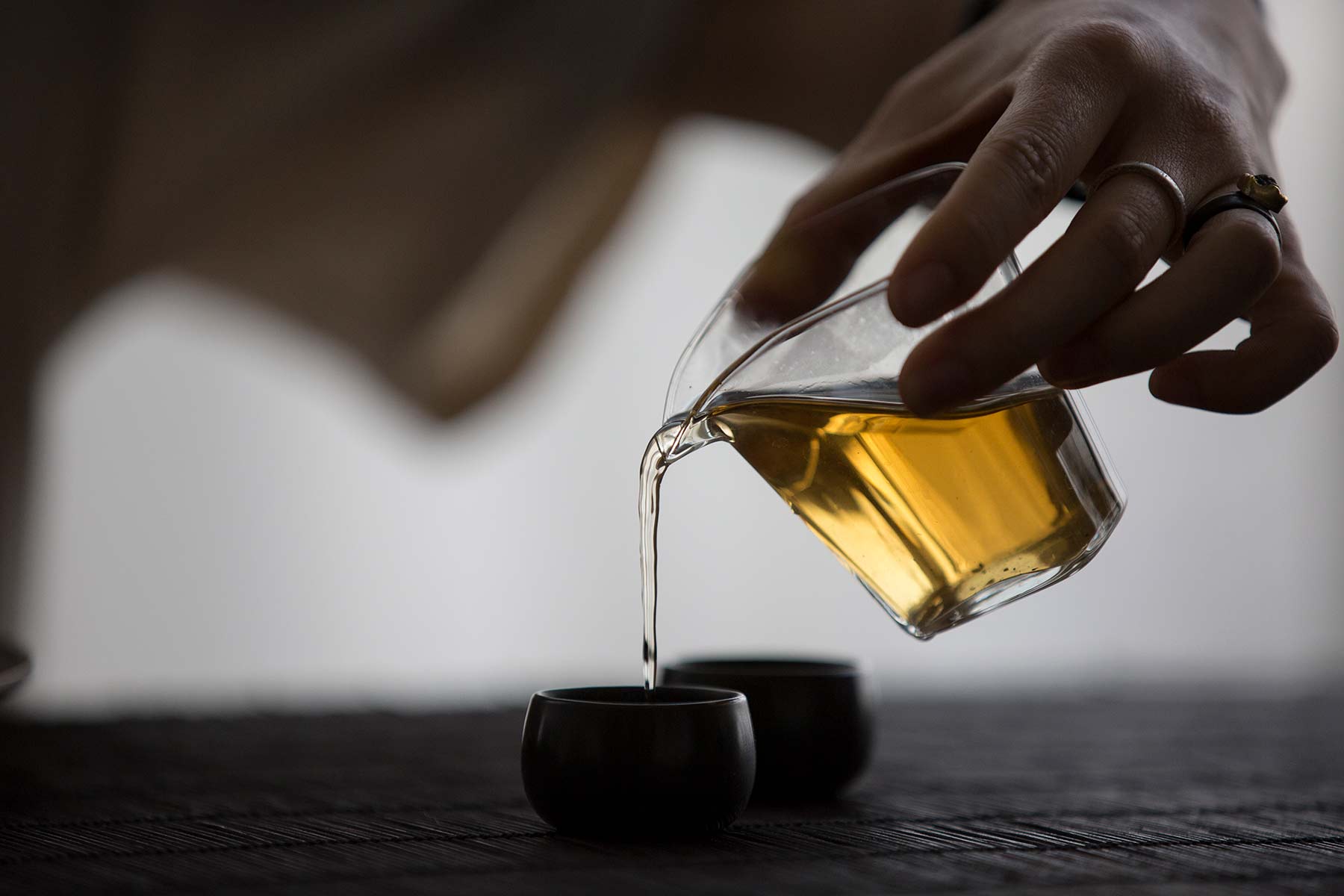
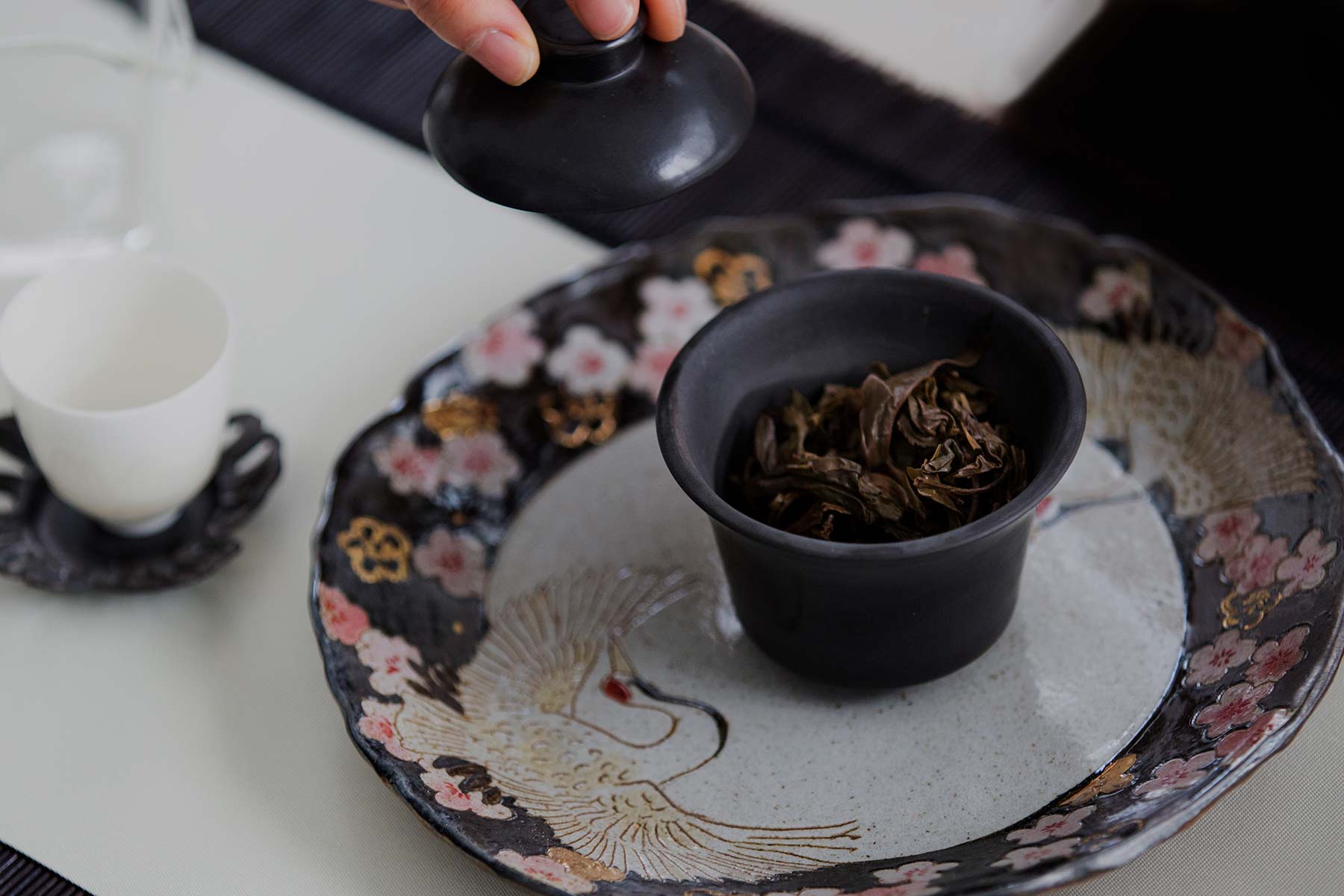
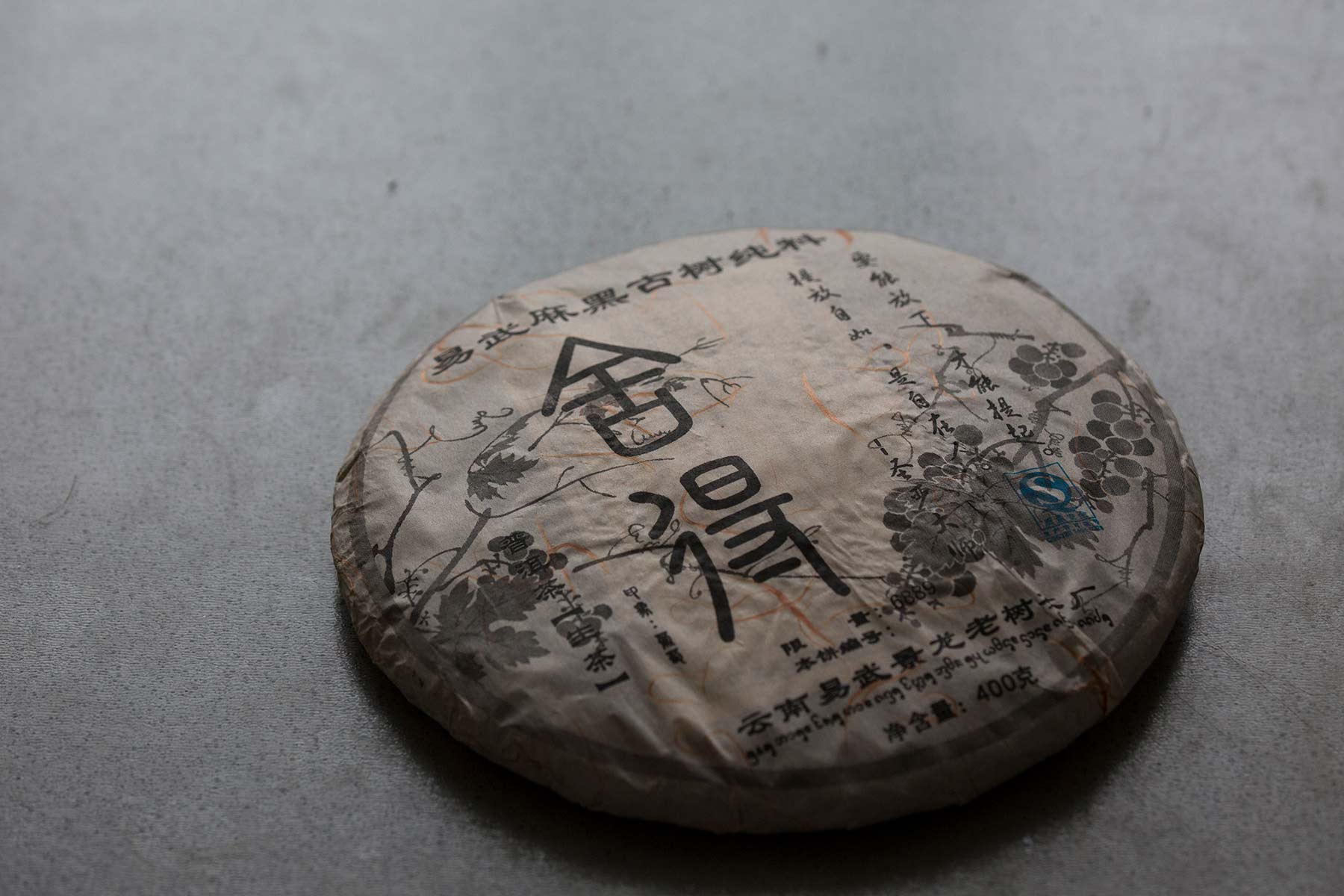
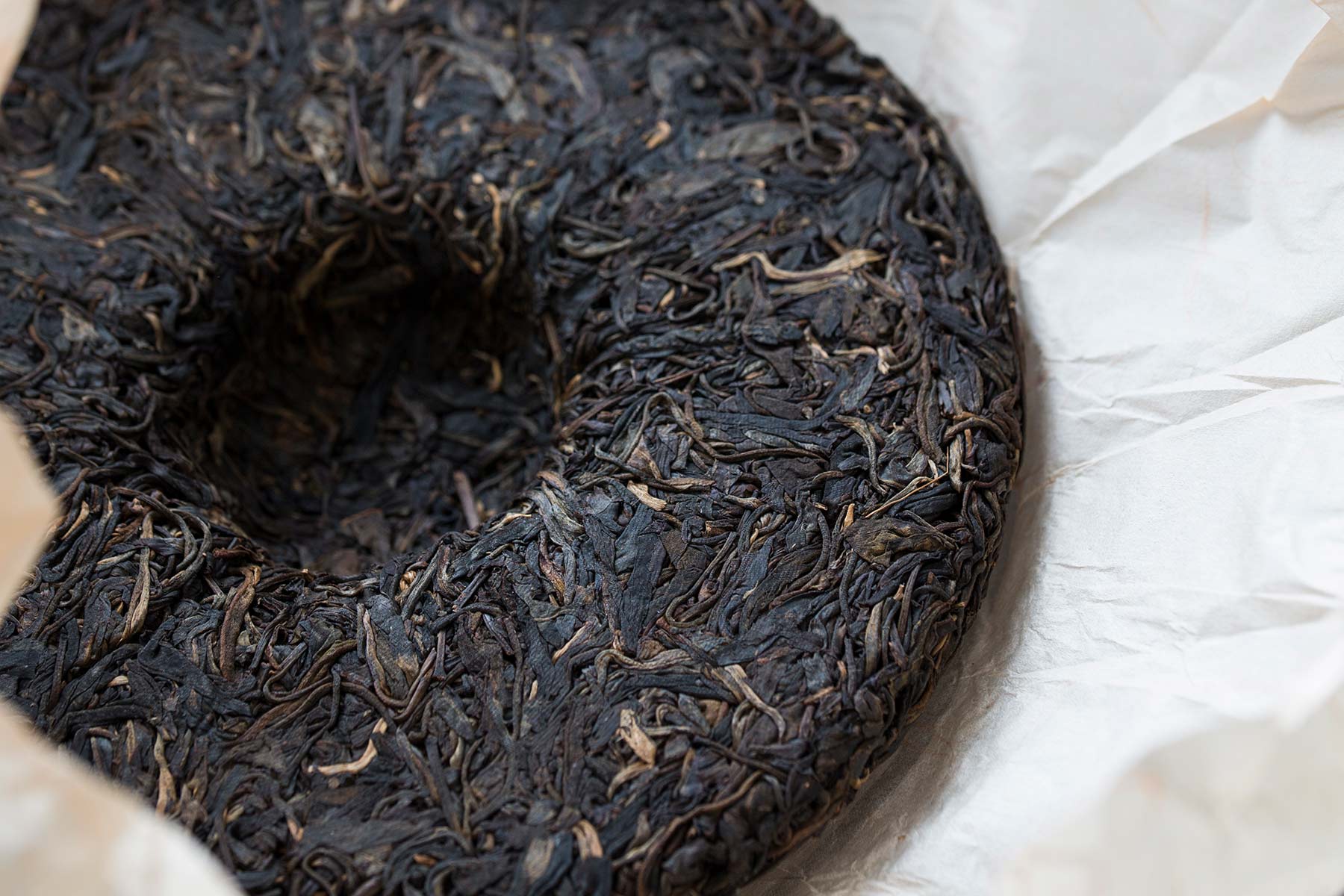
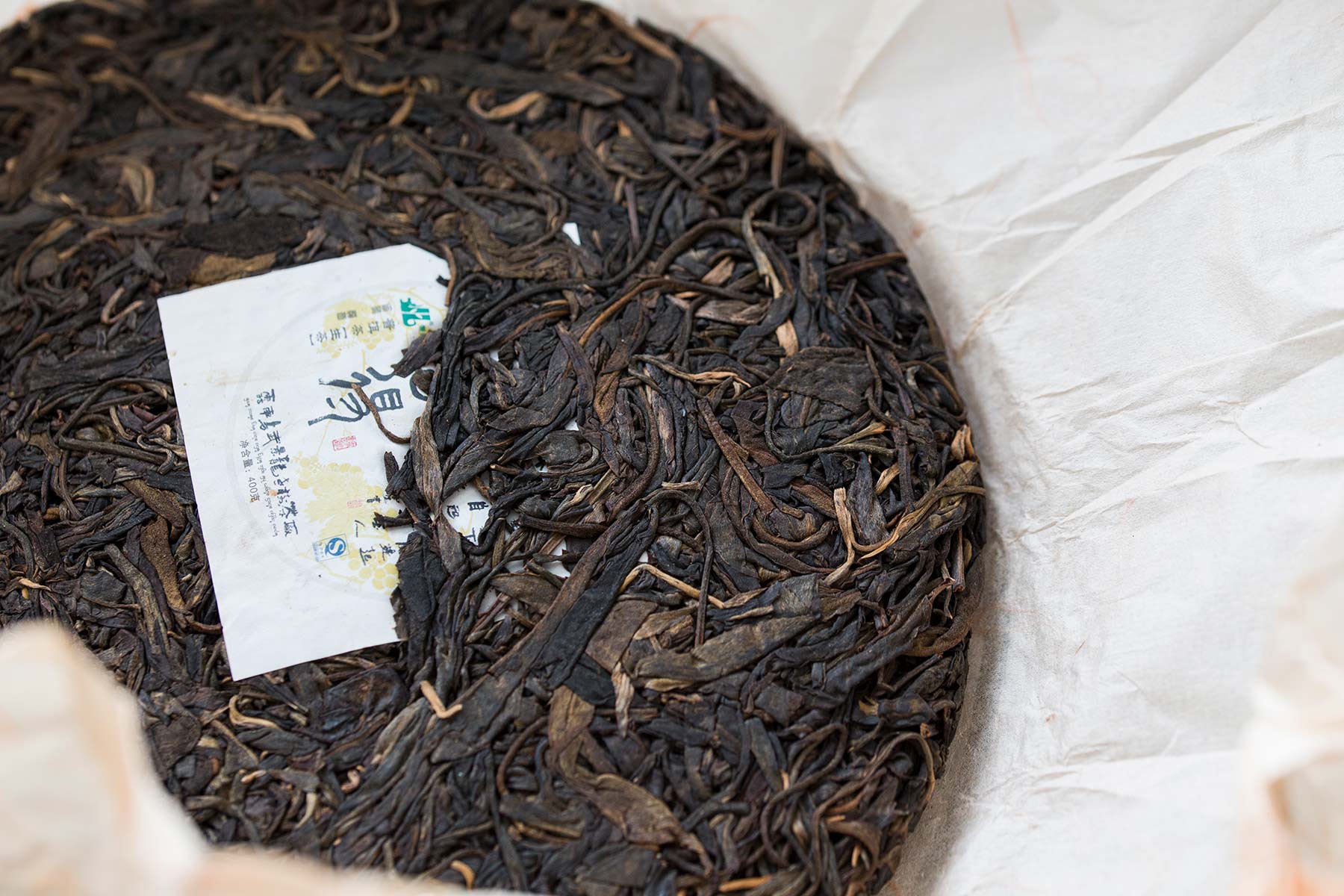


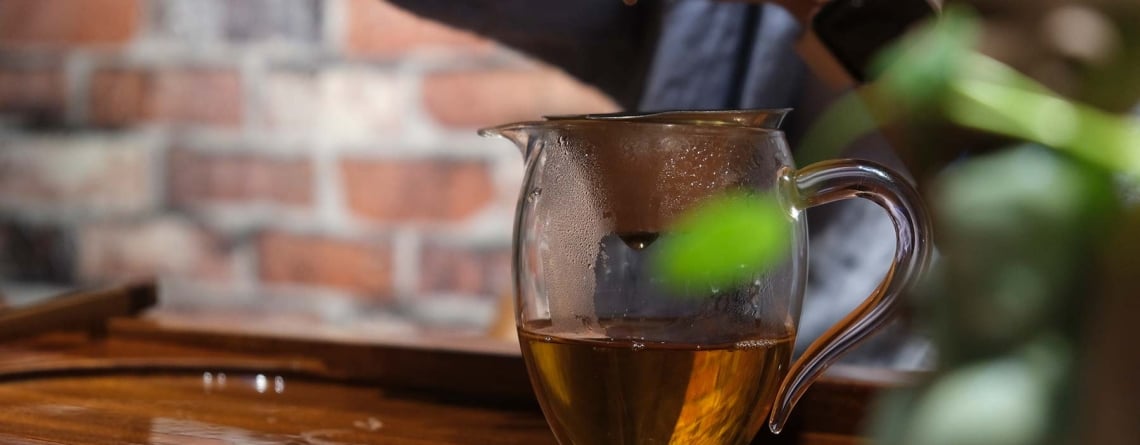
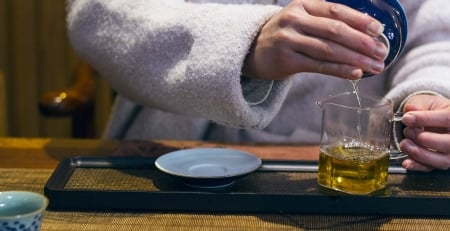
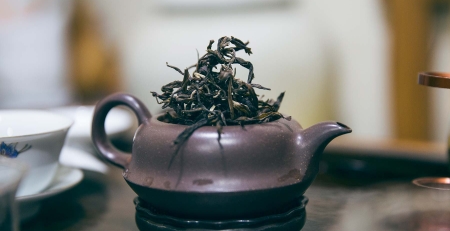
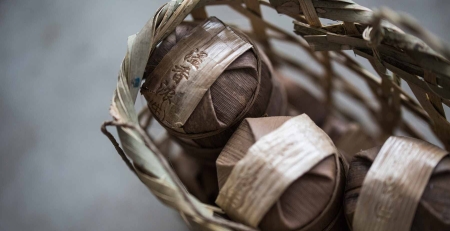
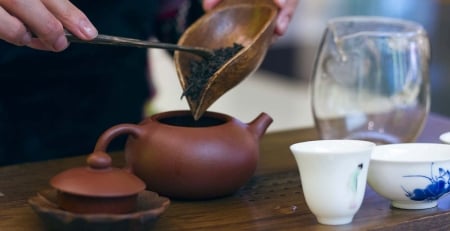
Leave a Reply
You must be logged in to post a comment.